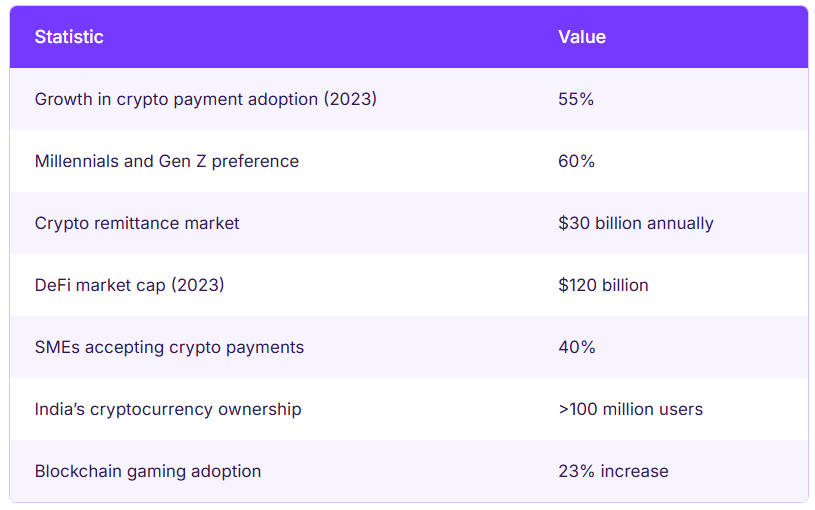Insightful Updates
Stay informed with the latest news and trends.
Level Up: How Cryptocurrency is Changing the Game
Discover how cryptocurrency is revolutionizing the financial landscape and why you can't afford to miss this golden opportunity!
Understanding the Blockchain: The Technology Behind Cryptocurrency
Understanding the Blockchain is essential for grasping the intricacies of cryptocurrency. At its core, blockchain is a decentralized ledger technology that records transactions across multiple computers. This means that no single entity has control over the entire chain of information, which enhances security and trust. Each block within the chain contains a set of transactions, and once a block is filled, it is added to the chain in a linear and chronological order, making it nearly impossible to alter past records. This immutable characteristic of blockchain is one of the reasons why it has become a foundational element in the world of cryptocurrencies like Bitcoin and Ethereum.
The importance of blockchain technology extends beyond cryptocurrency; it has the potential to revolutionize various industries. Here are a few key applications of blockchain technology:
- Supply Chain Management: Enhances transparency and traceability in product movement.
- Healthcare: Secures patient records while enabling timely access for authorized personnel.
- Voting Systems: Ensures secure and anonymous voting, reducing fraud.
As we continue to explore understanding the blockchain, it becomes evident that the technology is not just about financial transactions; it represents a shift towards greater security, efficiency, and trust across multiple sectors.

Counter-Strike is a popular multiplayer first-person shooter game that has captivated gamers since its release. Players engage in team-based combat, either as terrorists or counter-terrorists, with various objectives to complete. For players looking to enhance their gaming experience, using a duelbits promo code can provide additional perks and rewards.
How Cryptocurrency is Empowering the Unbanked
Cryptocurrency has emerged as a groundbreaking solution for the unbanked population worldwide. With an estimated 1.7 billion people lacking access to traditional banking systems, cryptocurrencies offer a decentralized alternative that can bypass the barriers associated with traditional finance. For these individuals, the ability to transact without the need for a bank account means they can participate in the global economy for the first time. By using blockchain technology, cryptocurrencies enable secure and transparent transactions that are available to anyone with a smartphone, transforming how money is exchanged across borders.
Furthermore, cryptocurrencies provide an opportunity for financial empowerment through lower transaction fees and greater control over personal finances. Unlike conventional banking systems that may charge significant fees for money transfers or currency exchange, cryptocurrencies enable users to send and receive money at a fraction of the cost. This accessibility is particularly vital for those in developing regions where traditional banking infrastructure is lacking. As a result, the growth of cryptocurrency adoption is not just about creating a new form of currency but also about fostering economic inclusion and providing financial tools that empower the unbanked to achieve greater independence and security.
Is Cryptocurrency the Future of Finance? Key Trends to Watch
The rise of cryptocurrency has undeniably sparked a revolution in the financial landscape, challenging traditional banking systems and changing how we perceive money. As digital currencies gain traction, several key trends are emerging that could indicate whether cryptocurrency truly represents the future of finance. One significant trend is the growing acceptance of cryptocurrencies by mainstream financial institutions, which are beginning to integrate blockchain technology into their operations. This shift suggests a broader recognition of the potential benefits of digital currencies, such as faster transactions, lower fees, and enhanced security.
Additionally, the increasing interest from retail and institutional investors alike shows a growing trust in digital assets. According to recent surveys, more than 40% of millennials now own some form of cryptocurrency, reflecting a generational shift towards embracing digital finance. Another important trend to watch is the emergence of decentralized finance (DeFi), which seeks to recreate traditional financial instruments using blockchain technology. This could democratize access to financial services and reduce reliance on traditional banks. As these trends unfold, it becomes increasingly clear that cryptocurrency has the potential to shape the future of finance in ways we are only beginning to understand.